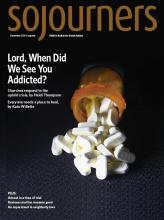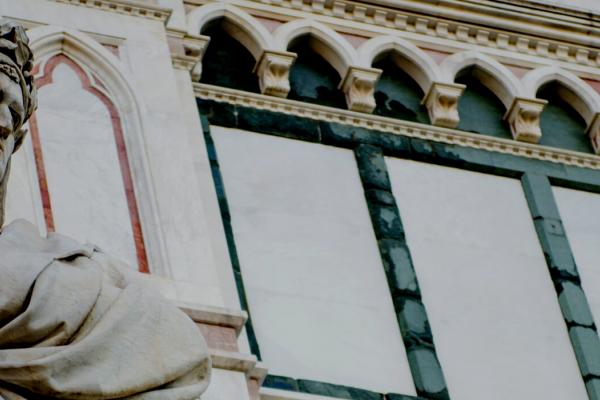THIS SUMMER, in Mississippi, I sat by my father’s bed for three weeks and watched him die. After that, I drove one of my kids from Kentucky to New England for a college visit. Along the way, we climbed a mountain and spent the night in a rest area when we couldn’t find a motel room. Then, with five-sixths of my family and three weeks’ worth of camping gear packed into (and onto) an aging minivan, we drove to Banff National Park in Alberta, Canada. Along the way, in British Columbia, we went through an active wildfire and saw a tree explode into flames about 50 feet from our van. At Banff we saw a moose, two grizzly bears, and the vast acres of gravel left behind by the rapidly receding Columbia Icefield.
On every step of this long, strange trip, I carried with me a big, fat, well-worn paperback book, its margins filled with my youngest son’s class notes. So, what did I do this summer? I read The Divine Comedy by Dante Alighieri. Every night—well, most nights—I spent 15 or 20 minutes accompanying the poet of the early 1300s down into the depths of Hell, up the winding mountain trails of Purgatory, and on to the beatific vision of Paradise.
Read the Full Article

